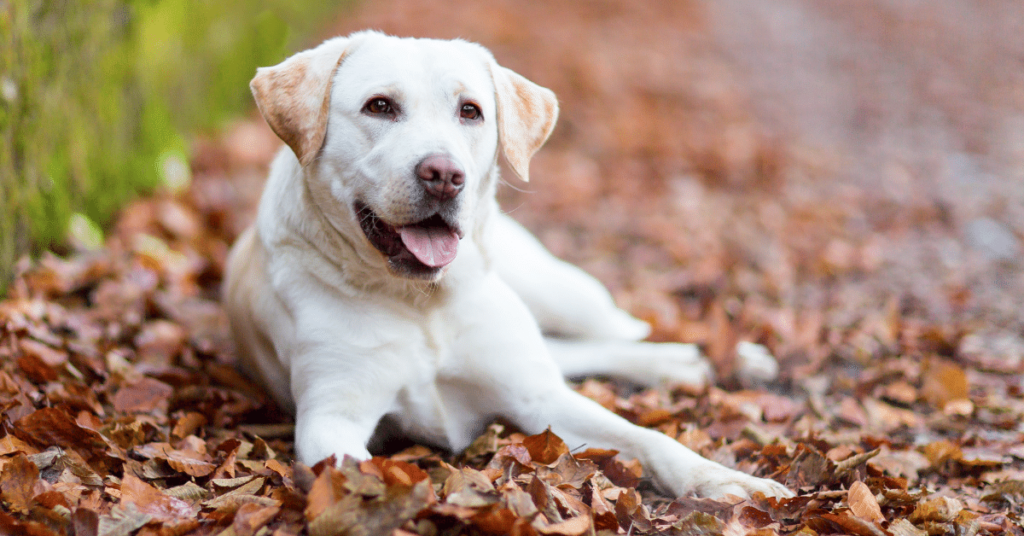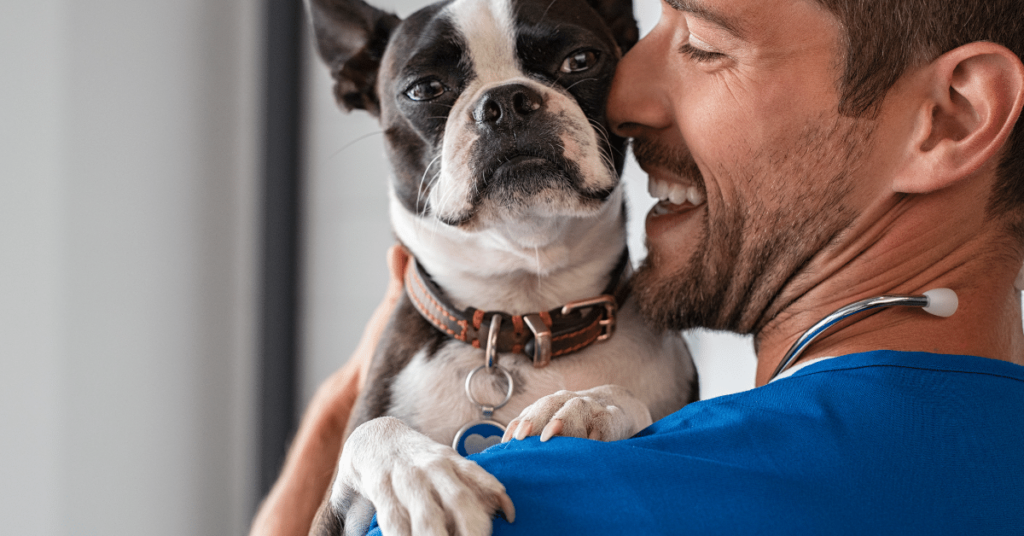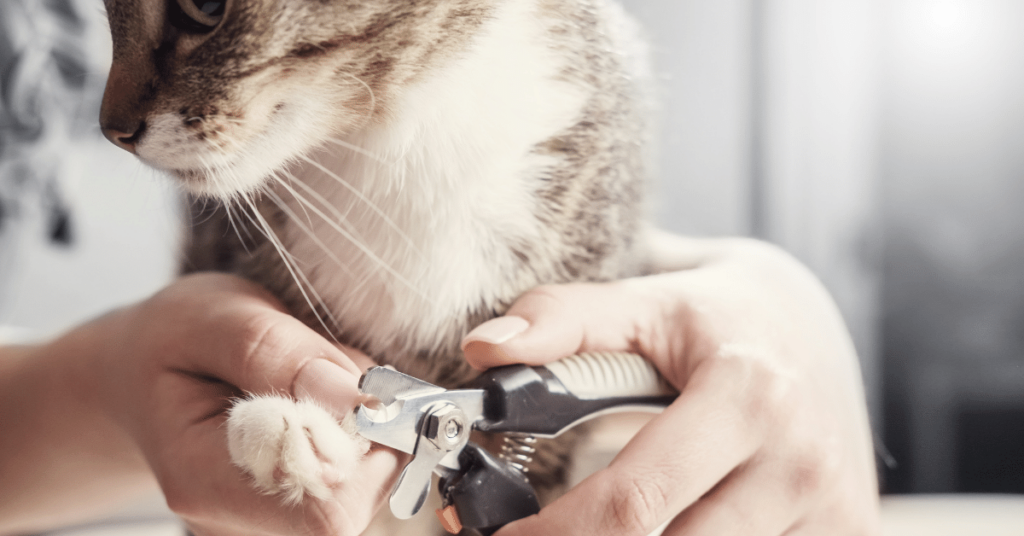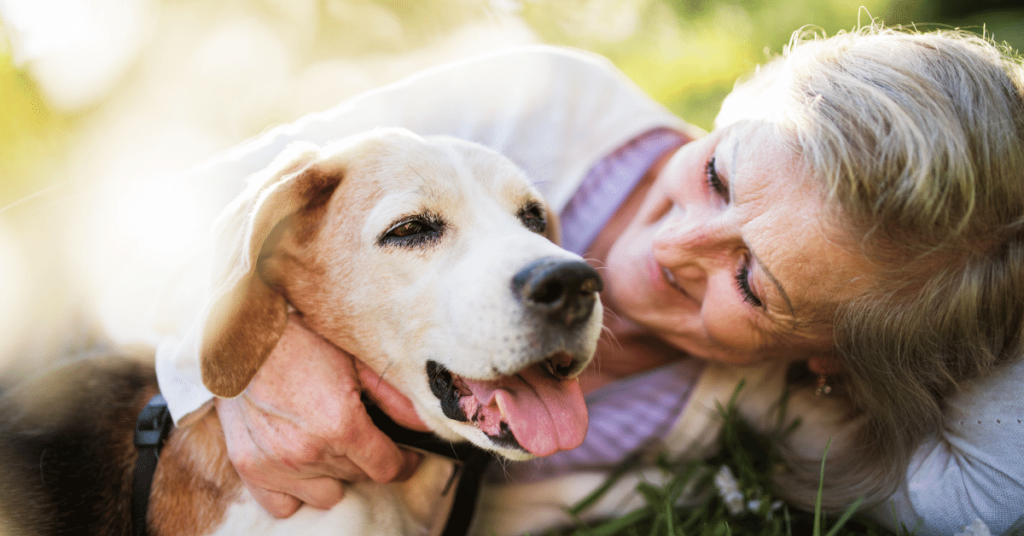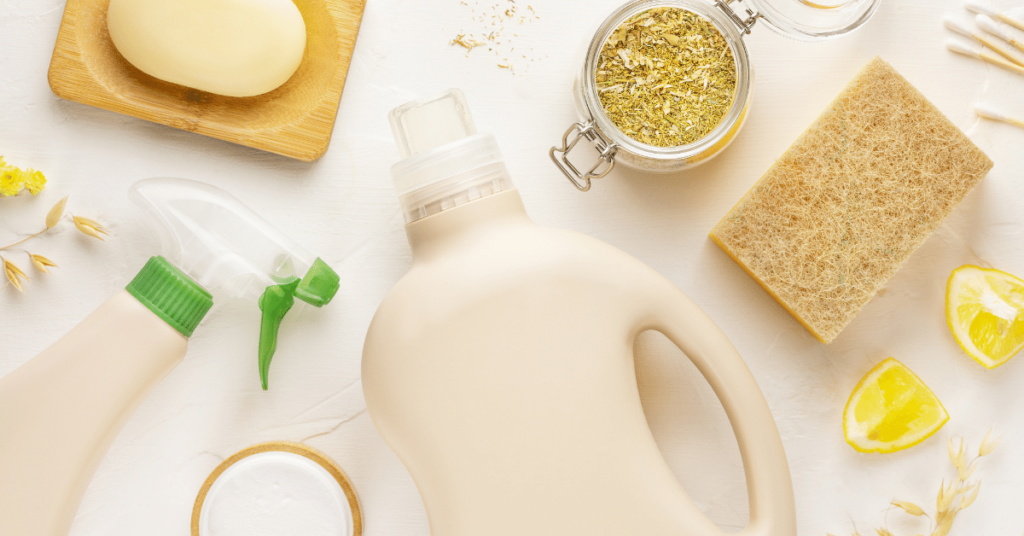Introduction
Labrador Retrievers are undoubtedly one of America’s favorite family companions. Known for their friendly and outgoing nature, these lovable dogs are great additions to any household. In this article, we will explore the various aspects of owning a Labrador Retriever, including their characteristics, training needs, grooming requirements, and more. Whether you are considering adopting a Lab or already have one, this guide will provide you with valuable insights to ensure a happy and healthy life for your four-legged friend.
Characteristics
Labrador Retrievers are a breed that originated in Newfoundland, Canada. They were originally bred as working dogs, specifically for retrieving game for hunters. Over time, labs have also become popular as assistance dogs, therapy dogs, and search and rescue dogs. Here are some key characteristics that make Labrador Retrievers so special:
Friendly and Outgoing
Labradors are known for their friendly and outgoing nature. They are always excited to meet new people and make friends, which makes them excellent family pets. Their friendly demeanor also makes them great with children, as they are patient and tolerant.
Intelligent and Versatile
Labrador Retrievers are highly intelligent and eager to please their owners. This makes them highly trainable and suitable for a variety of roles. Labs excel in obedience training, agility competitions, and even as therapy dogs due to their calm and gentle nature.
Energetic and Active
As a working breed, Labradors have lots of energy to burn. They love physical activities and require daily exercise to stay healthy and happy. Labs enjoy activities such as swimming, fetching, hiking, and running, making them a great companion for active individuals or families.
Training and Behavior
Proper training is essential for Labrador Retrievers to ensure they become well-behaved family members. Labs are generally eager to please, making them highly trainable. Here are some key points to keep in mind when training your Lab:
Early Socialization
Early socialization is crucial for Labrador Retrievers to develop good manners and positive behavior. Expose your Lab to various environments, people, and other animals from a young age. This helps them learn how to interact appropriately with different situations and reduces the chances of behavioral issues later in life.
Positive Reinforcement
Labradors respond well to positive reinforcement training methods. Reward-based training using treats, praise, and play will keep your Lab motivated and engaged during training sessions. Avoid using harsh punishment or negative reinforcement, as it can have a detrimental effect on their willingness to learn.
Obedience Training
Basic obedience training is essential for Labrador Retrievers. Teach them commands such as “sit,” “stay,” “come,” and “heel.” Labs are intelligent and will quickly pick up on these commands with consistent training. Obedience training provides mental stimulation and helps establish a strong bond between you and your dog.
Grooming and Maintenance
Labrador Retrievers have a short, dense double coat that requires regular grooming to keep it looking healthy and tidy. Here are some grooming tips for Lab owners:
Brushing
Regular brushing helps control shedding and keeps your Lab’s coat in good condition. Labs shed year-round, with heavier shedding occurring twice a year during seasonal coat changes. Use a slicker brush or a shedding tool to remove loose hair and prevent mats from forming.
Bathing
Labradors have a water-resistant coat, so they don’t require frequent baths unless they get particularly dirty. Use a dog-specific shampoo and ensure thorough rinsing to avoid skin irritations. Regularly check their ears for signs of infection and clean them, if necessary.
Nail Trimming
Trimming your Lab’s nails regularly is important to prevent overgrowth and discomfort. If you can hear their nails clicking on the floor, it’s time for a trim. Use a dog nail trimmer or seek professional help if you are unsure about the process.
Health and Wellness
Maintaining your Labrador Retriever’s health and wellness is essential for their overall well-being. Here are some key aspects of Lab care:
Veterinary Care
Regular visits to the veterinarian are crucial for preventive care and early detection of any health issues. Vaccinations, parasite prevention, dental care, and routine check-ups are all part of responsible pet ownership. Your vet will guide you on a suitable vaccination schedule and provide advice on Lab-specific health concerns.
Nutrition
Feeding your Labrador a balanced diet that meets their nutritional needs is important for their overall health. Consult with your vet to determine the appropriate type and amount of food for your Lab, taking into consideration their age, weight, and activity level. Avoid overfeeding, as Labs have a tendency to gain weight easily.
Exercise
As mentioned earlier, Labradors require regular exercise to keep them physically and mentally stimulated. Plan daily walks, playtime, and training sessions to meet their exercise needs. Regular exercise helps prevent obesity and keeps your Lab in top shape.
Summary
Labrador Retrievers truly are America’s favorite family companions for a reason. Their friendly and outgoing nature, intelligence, and versatility make them an excellent choice for families of all sizes. By understanding their characteristics, training needs, grooming requirements, and overall health and wellness, you can ensure a happy and fulfilling life for your Labrador Retriever. Remember to provide them with the love, care, and attention they deserve, and you will have a loyal and devoted companion by your side for many years to come.

